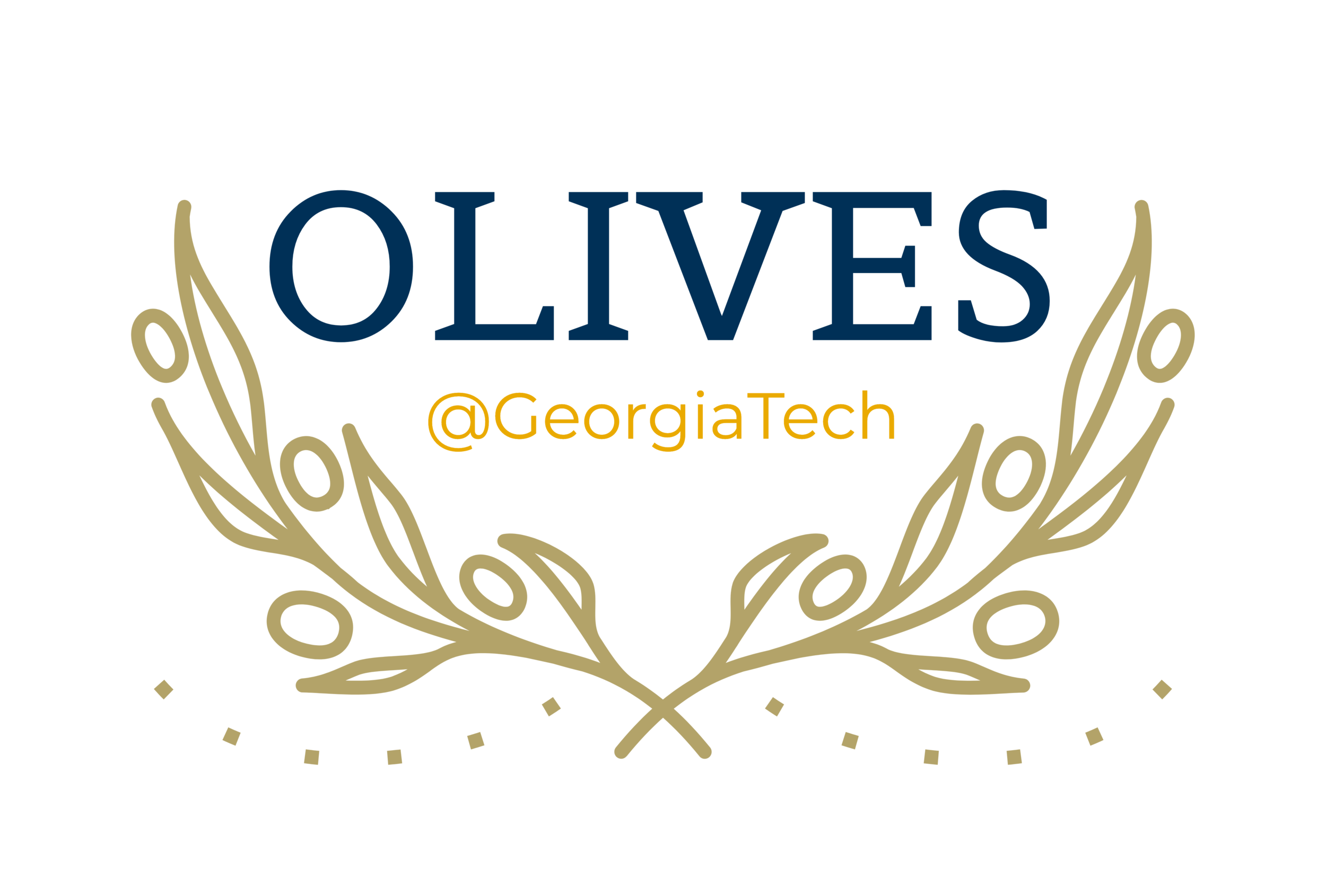Label-Constrained Applications in Autonomous Driving
Personnel: Ryan Benkert, Yash-Yee Logan, Kiran Kokilepersaud, Chen Zhou, Mohit Prabhushankar, Dogancan Temel, Gukyeong Kwon, Min-Hung Chen
Goal/Motivation: In autonomous vehicle applications, algorithms are trained to react to complex traffic encounters. Due to the high cost of annotated data, efficient algorithms operate under label constrained conditions.
Challenges: Applications in autonomous vehicles require massive amounts of annotated data to react to complex traffic scenarios. However, modern data curation pipelines are limited by monetary and temporal cost. In addition, constant fluctuations of new data products and sensors quickly render previously collected data obsolete and unsuitable for training. Therefore, designing robust algorithms that function under the most complex circumstances remains a major challenge for academia and industry.
High Level Description of the Work: We address the challenges of autonomous vehicles by improving robustness and data selection methods for neural networks. For robustness, we offer the CURE-TSR [1] and CURE-TSD [2] datasets for traffic sign recognition and detection. In both datasets, we simulate challenging realistic environments at different severity levels for autonomous vehicle settings. For instance, we add rain or snow at several intensity levels to simulate difficult weather conditions. For data selection applications, we propose FOCAL [3]; the first cost-centered active learning dataset for autonomous vehicle applications. Strong label constraints require care when selecting data for industrial annotation pipelines. Ideally, the training set contains informative samples that are inexpensive to annotate. With FOCAL, researchers are capable of validating cost effectiveness of different active learning approaches.
References:
D. Temel, G. Kwon*, M. Prabhushankar*, and G. AlRegib, "CURE-TSR: Challenging Unreal and Real Environments for Traffic Sign Recognition," in Advances in Neural Information Processing Systems (NIPS) Workshop on Machine Learning for Intelligent Transportation Systems, Long Beach, CA, Dec. 2017
Temel, Dogancan, Min-Hung Chen, and Ghassan AlRegib. "Traffic sign detection under challenging conditions: A deeper look into performance variations and spectral characteristics." IEEE Transactions on Intelligent Transportation Systems 21.9 (2019): 3663-3673.
R. Benkert, K. Kokilepersaud, C. Zhou, M. Prabhushankar, g. AlRegib, A. Parchami, E. Corona, K. Singh, J. Chakravarty, G. Pandey, “FOCAL: An Annotation-Cost Centered Video Dataset for Active Learning”, AAAI 2022, submitted on August 15th 2022
